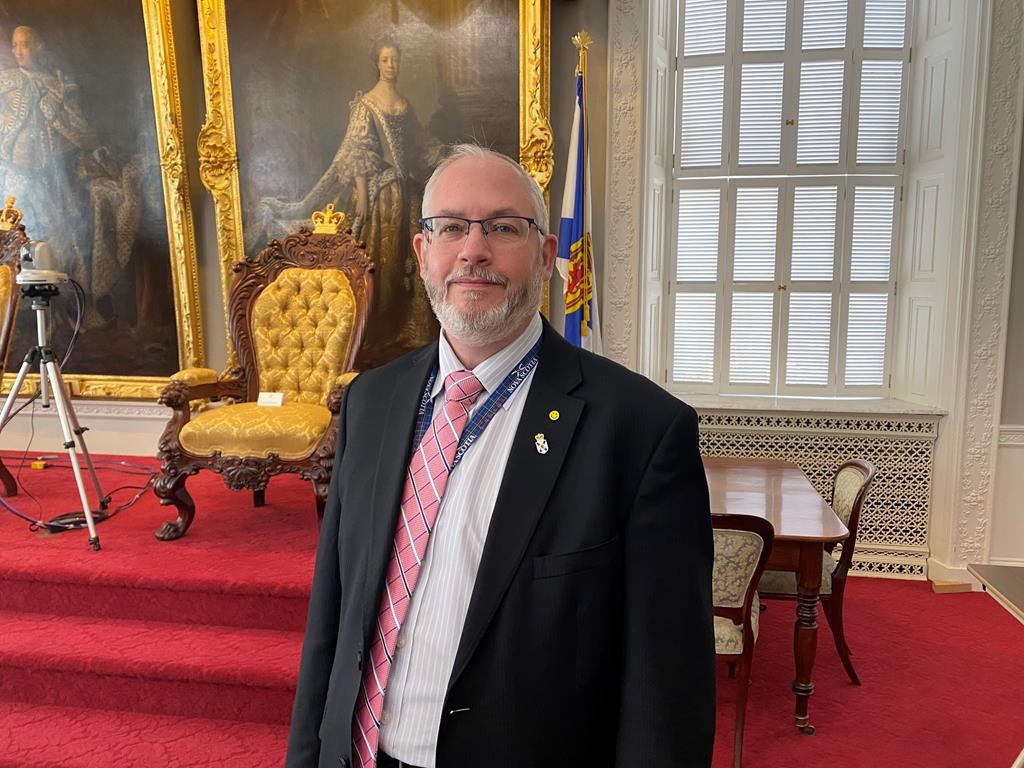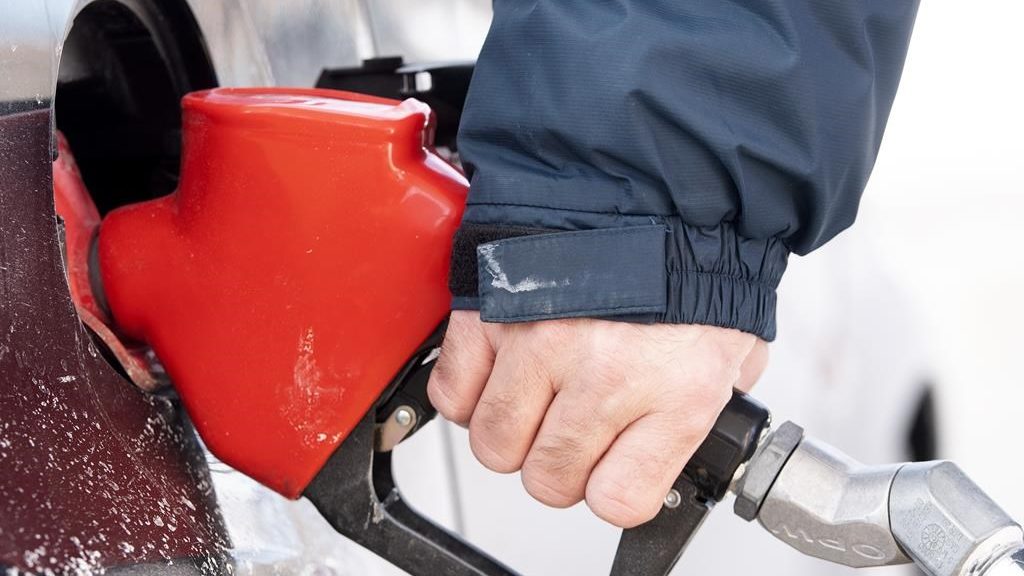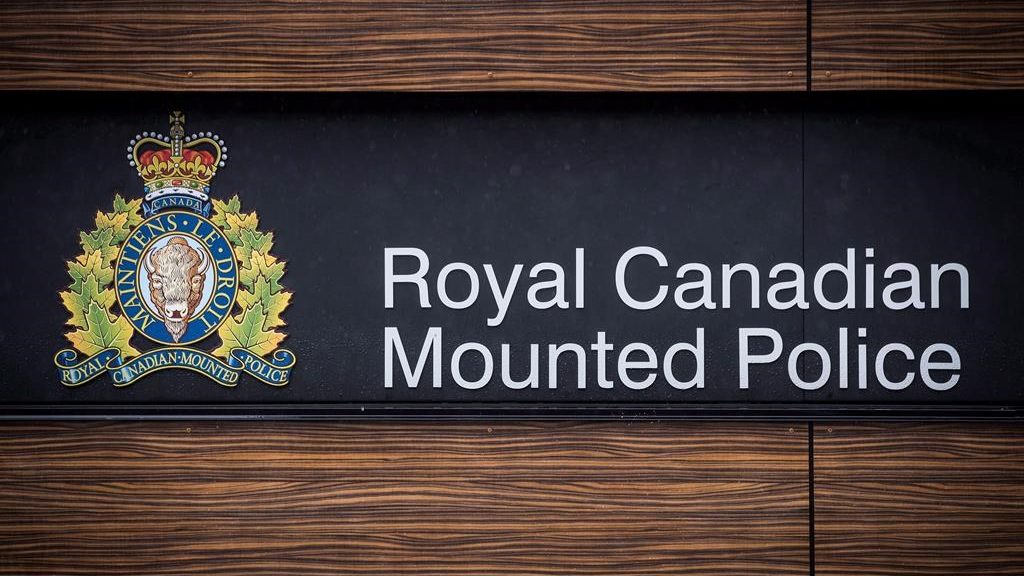Russia slams NATO withdrawal plans from Afghanistan, calls them ‘artificial’
Posted Apr 19, 2012 04:27:10 PM.
This article is more than 5 years old.
BRUSSELS – Russia’s foreign minister sharply criticized NATO’s plan to withdraw its forces from Afghanistan by 2014, saying Thursday that coalition troops should remain in the country until Afghan government forces are capable of ensuring security.
“As long as Afghanistan is not able to ensure by itself the security in the country, the artificial timelines of withdrawal are not correct and they should not be set,” Foreign Minister Sergey Lavrov said.
NATO plans to hand over lead responsibility for the war against the Taliban to the Afghan army and police by the middle of next year, then withdraw its troops by the end of 2014. The alliance already has started drawing down its forces, which reached a peak of about 140,000 last year.
NATO leaders say that Afghan forces are improving rapidly and will be able to counter Taliban guerrillas after 2014. But critics have pointed to widespread drug use and the high desertion rate among government forces as signs that it remains unprepared to handle the insurgents.
Anders Fogh Rasmussen, the alliance’s secretary general, responded to Lavrov’s criticism by saying the Afghan government has agreed with the withdrawal schedule, and that it is “definitely not artificial.” He also urged Russia, China and other non-NATO countries to help fund the post-2014 Afghan armed forces.
Afghan Defence Minister Abdul Rahim Wardak said that initially he also was worried about the drawdown. “Fortunately enough flexibility has been built into the plan … so there will not be so much of an impact as many people were thinking,” he said.
The Afghan army and police are scheduled to expand to more than 350,000 members in the next several months. NATO has already handed over to them responsibility for security over half of the country’s population, and the transition is set to continue.
Lavrov, who attended a meeting of NATO defence and foreign ministers in Brussels, said China and other countries in Asia also are worried about the withdrawal schedule.
Moscow views NATO’s military effort in Afghanistan as crucial for its own security, including helping to prevent instability from spreading into ex-Soviet Central Asia.
Russia, which is not a NATO member, has provided the alliance with air corridors and railway routes for carrying supplies to and from landlocked Afghanistan. The link has become particularly important since Pakistan blocked NATO supplies from crossing its territory following an alliance airstrike that killed 24 Pakistani border troops in November.
On Thursday, Lavrov and NATO ministers discussed a plan to give the alliance a new logistics facility on Russian territory to transfer military cargo to and from Afghanistan.
The proposal, now being considered by Russian lawmakers, would for the first time allow alliance members to set up a logistics facility in Ulyanovsk, Russia, for troops and cargo.
Officials said there were “no differences” between the two sides on the use of the air base in Ulyanovsk.
“We expect to expand the transit options offered to us by Russia … to Afghanistan,” NATO Secretary-General Anders Fogh Rasmussen said after the meeting. “We appreciate very highly Russia’s contribution, which is based on our shared interests and contributes to our shared security.”
The former Cold War rivals remain sharply at odds, however, over a U.S.-led NATO missile defence plan in Europe that Washington says is aimed at deflecting a potential Iranian threat. Moscow fears it will eventually become powerful enough to undermine Russia’s nuclear deterrent.
Despite those differences, Russia has also co-operated with the alliance in suppressing piracy off the Somali coastline and in such areas as anti-terrorism, counter-narcotics and search-and-rescues at sea.
___
Slobodan Lekic can be reached on Twitter at http://twitter.com/slekich










